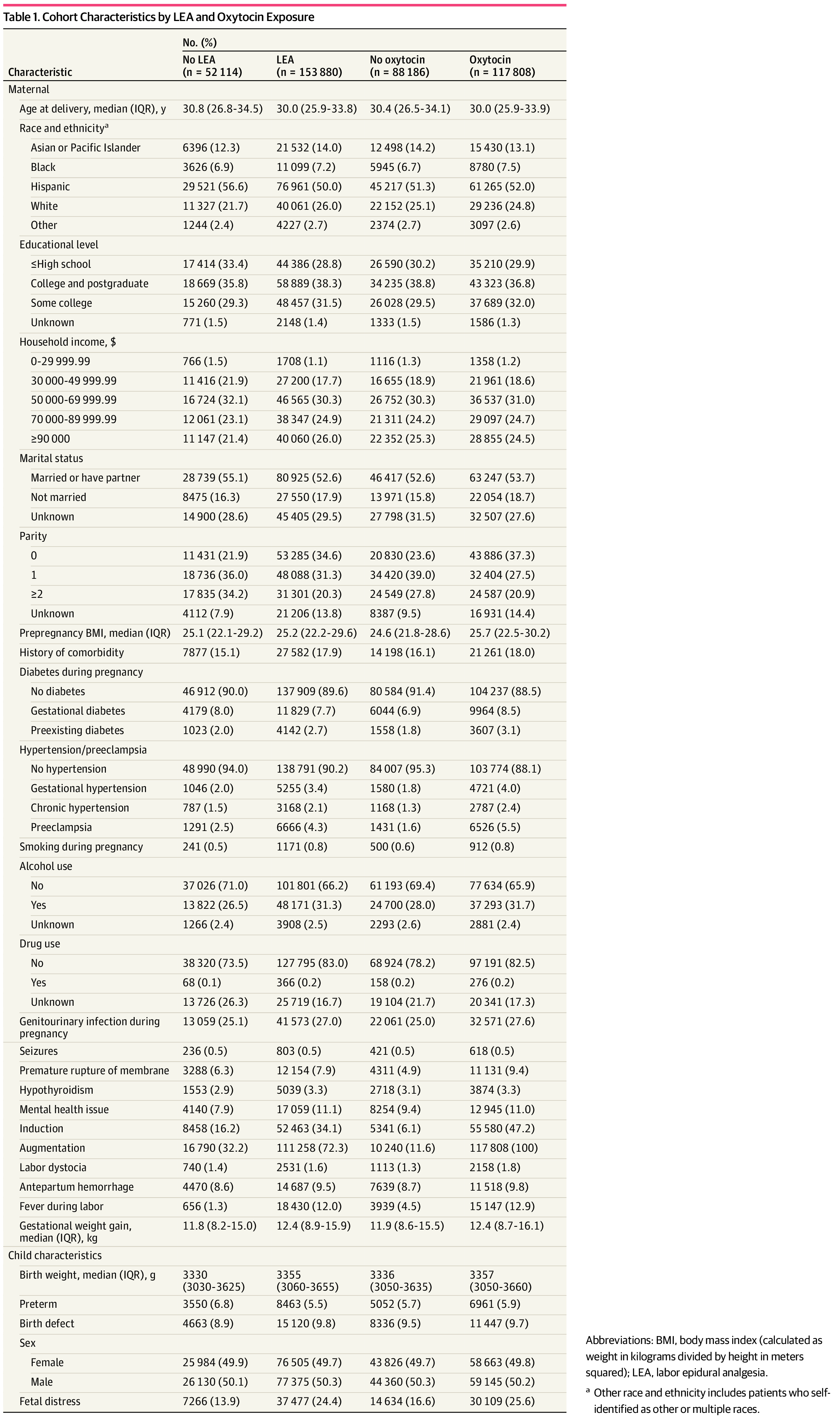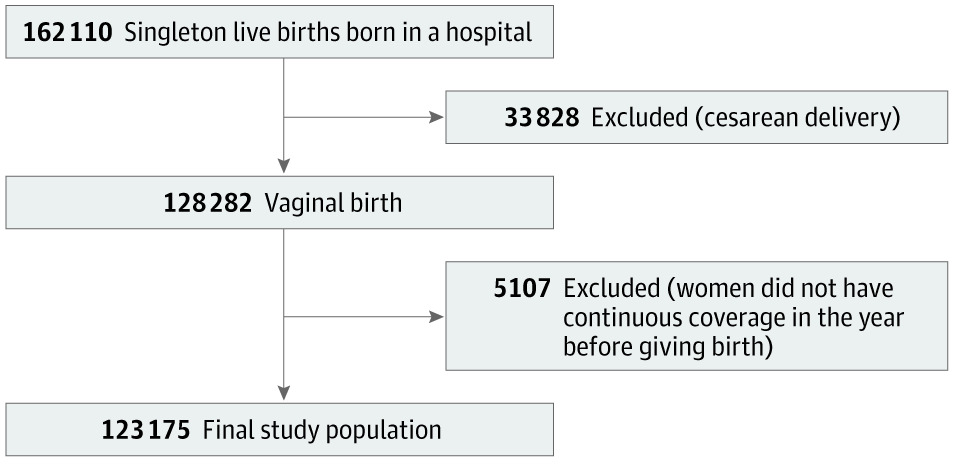This population-based cohort study examines the association between epidural labor analgesia and offspring risk of autism spectrum disorder, adjusting for a large set of potential confounders, in the Canadian province of Manitoba.

jamanetwork.com
Epidurals do not cause autism in Canuckistan. They only cause autism south of the border. Maternal consumption of Tim Hortons coffee is protective of the deleterious effects of epidurals.
The Kaiser paper does make some good points in its discussion.
“The relative risk associated with LEA exposure estimated in our study was higher than in population studies from Manitoba, Canada (HR, 1.08)
6; Denmark (HR, 1.05)
7; British Columbia, Canada (HR, 1.09)
8; the US, using insurance records (HR, 1.08)
9; and Ontario, Canada (HR, 1.14).
10 There are large population, access to care, and practice differences that may explain these varied results. For example, there are substantial differences in LEA exposure rates between cohorts. The LEA exposure rate was 38% in Manitoba,
6 19% in Denmark,
7 29% in British Columbia,
8 53% in US insurance records,
9and 64% in Ontario.
10 Exposure to LEA was 74.7% in our cohort, which is the highest among the large cohort studies. Kaiser Permanente Southern California provides LEA upon patient’s request at any time with no additional cost, which may facilitate easy access. We used both anesthesia procedure notes and pharmacy records from EMRs to obtain data on LEA exposure, which we believe captured LEA exposure more completely than administrative data sources. Our LEA rate is in agreement with current reports from high-income countries and is similar to the rate reported in the 2020 Centers for Disease Control and Prevention National Vital Statistics (77.1%).
26 There are also differences in the rates of ASD. In each study reporting ASD rates by LEA exposure, rates were higher in children exposed to LEA than those unexposed
6,
8-
10; however, ASD rates in both the exposed and unexposed groups were higher in the KPSC cohort than in any of the previous studies (LEA exposure: 2.7%; no LEA exposure: 1.9%). At KPSC, children were screened for developmental issues at age 18 months and diagnoses were made by developmental specialists. We extracted the ASD diagnosis based on coding with at least 2 different encounters visits and the validity has been established in previous studies.
19-
21
The findings of this study suggest that previously reported ASD risk associated with oxytocin exposure
14,
15 was not independent of LEA exposure, and there may be a synergistic association between oxytocin and LEA exposure and a child’s ASD risk. Oxytocin is commonly used to induce or augment labor. Oxytocin administration may strengthen uterine contractions or hyperstimulation and labor pain, requiring early LEA intervention.
27 Although the cohort design of this study does not allow causal evaluation, our data on LEA exposure and oxytocin use are consistent with previous reports that concurrent exposure to oxytocin and LEA is common.
28-
30 Further studies are needed to confirm our study findings and reveal biological links before making conclusions.”

 jamanetwork.com
jamanetwork.com

